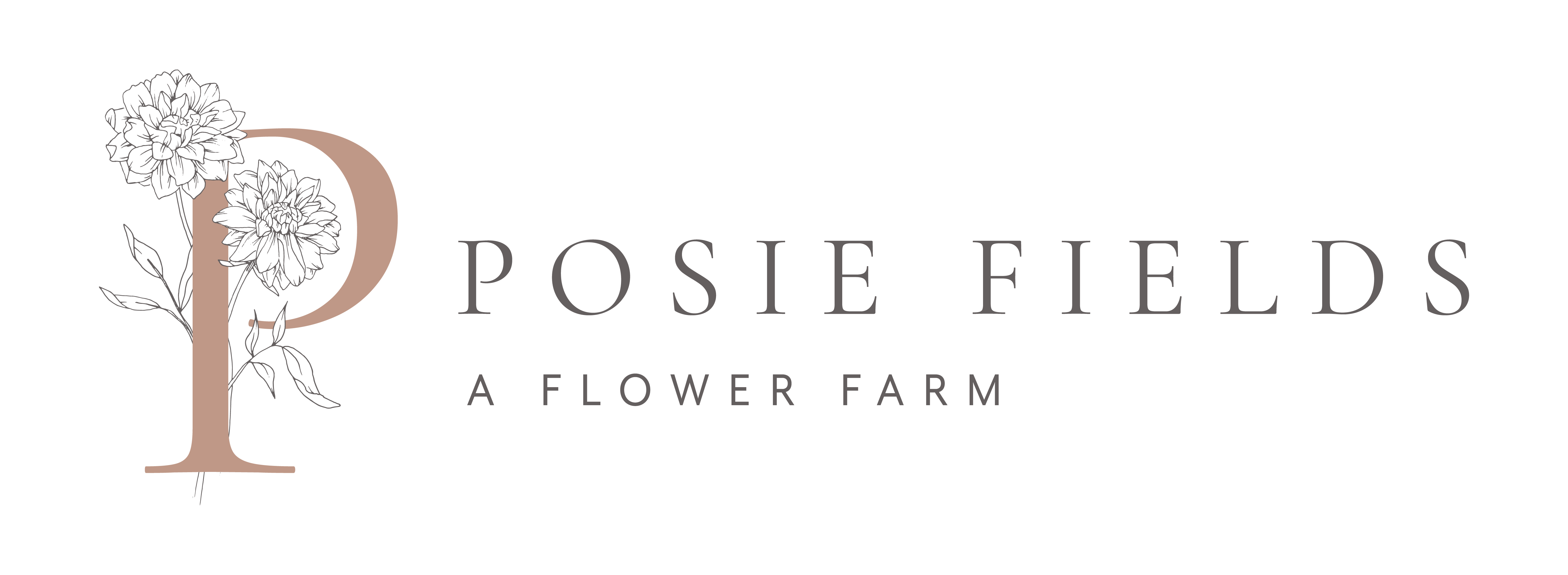Posie Fields
English Lavender "Blue"
English Lavender "Blue"
Couldn't load pickup availability
English Lavender "Blue"
Type: Plant
4'' Pot
The Aromatico™ series from Syngenta is a great english lavender with abundant spikes of flowers over silver-blue foliage. Heat and drought tolerant once established. English lavender is quite cold and winter wet tolerant. Good drainage is a MUST for all lavenders.
Deer and rabbit resistant. Attracts butterflies, hummingbirds and pollinator bees to the garden. Makes great cut flowers and sachets too.
SOIL
The most important thing to remember when growing lavender is that it thrives in well-draining soil and needs deep watering between periods of drying out.
And it loves full sun! Lavender is native to Mediterranean climates with rocky soil and dry arid conditions. So if your soil is claylike, consider growing lavender on hills or raised beds to improve drainage. It also needs soil with high calcium content.
In the Mediterranean, the soil is built on top of layers of limestone bedrock, so there is plenty of calcium available naturally in the soil. Calcium can be added to the soil by mixing garden gypsum into the soil, which can be found at garden stores.
PESTS
Grasshoppers are one of the only pests that bother lavender. To keep grasshoppers at bay, use a biological control such as Nolo Bait in the spring. It can be purchased online at Arbico Organics.
Pro-tip: Lavender is a companion plant to roses as lavender attracts ladybugs that eat the aphids that often create havoc for roses. They also look beautiful grown together in the garden.
Harvesting & Storing Lavender
It is essential to harvest lavender for the health of the plant. If it is not harvested, the plant becomes woody, and plants will not produce as many flowers.
Lavender is ready to harvest when 2/3 of the flowers are open. This is when most of the oil is in the buds. A sure sign that it is ready to harvest is when there is a lot of bee activity.
When it first starts to bloom, you will see a few bees, but after a week to 10 days of blooming, the bee activity intensifies, signaling high oil content and the perfect time to harvest. If you get stung, use lavender oil to reduce the inflammation.
TOOLS
A sickle is the best tool for harvesting. Grab a large handful of stems and cut 1-2" above the wood with one quick swipe. Rubber-band the bunch to hold it together. Sickles can be purchased at a garden store or online at AM Leonard.
STORING
Store fresh lavender flat in a crate or upright in water in a cooler. Lavender will hold fresh for 1-2 weeks in a cooler then will need to be hung for drying.
Drying Lavender
It is important to dry lavender upside down, so the stems are straight for later use. To dry lavender, follow these simple steps:
-
Hang them in a dark room with ventilation or a small fan, so the lavender doesn't get moldy. (Lavender will dry in 3-5 days depending on humidity levels but will get moldy if there is no ventilation.)
-
At day 3, do a quick check. You can do a thumb test to ensure it's dry before taking off the rack and storing it. Push your finger into the middle of the bunch. If you feel moisture still in the bunch, wait a few more days.
-
If it is completely dry through the bunch, take the lavender off the drying rack and store it upright in a box. Do not store them flat on top of each other as stems get crushed and buds fall off. Always store dried flowers upright!
Details:
Plant type: perennial
Hardiness zone: 5 – 9
Color: Blue
Height: 14-18''
Site: full sun
Plant spacing: 30”
Bloom time: spring to fall
Vase Life 10-14 Days


